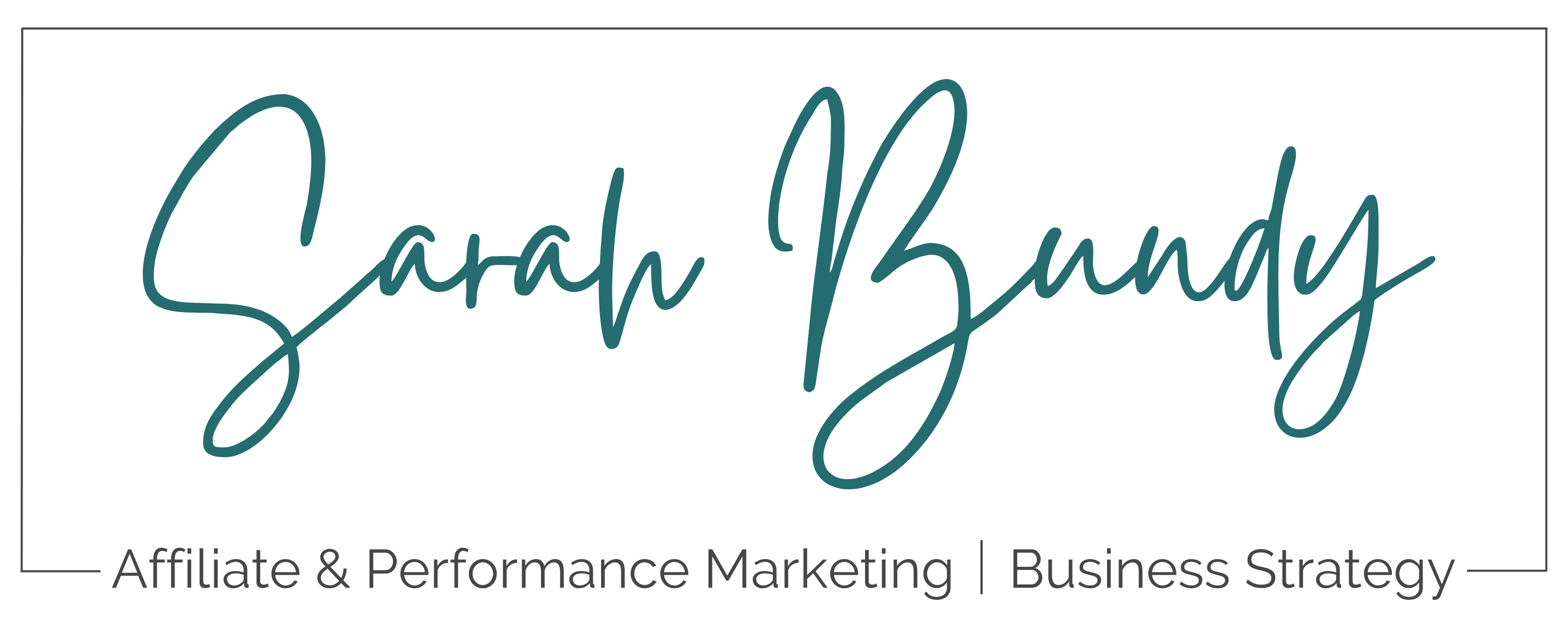5 Legalities Affiliates Need to Consider When Trademark Bidding

This is a guest post by Andrei Mincov, copyright and trademarks lawyer with over 15 years of Canadian and international experience. He is the force behind Mincov Law Corporation, a business law firm for clients who value intellectual property as a legal tool for protecting ideas and creativity.
“More and more businesses are relying on affiliates to discover new markets for their products and services. This arrangement offers many advantages to the business: cost-effective customer acquisition at a fixed cost, outsourced marketing efforts, improved SEO and brand visibility.
Affiliates are pushing the envelope to get the most out of this arrangement. To end up on top of organic and paid searches, they often aggressively use trademarks as keywords in their landing pages and adwords campaigns.
Not surprisingly, many businesses are concerned that they will not be able to properly control the use of their trademarks or the content and quality of advertisement that affiliates use to promote their products or services.
The question is then, what are the legal implications of using the trademarks by affiliates?
Not every mentioning of a trademark amounts to its “use” in the legal sense of the word. Accordingly, not every unauthorized mentioning of the trademark amounts to a trademark infringement.
What the law prohibits is unauthorized use of a trademark to create a false impression that the person who is using the trademark to sell, distribute or advertise some products and services is the owner of the trademark, has obtained permission from the owner of the trademark, or is somehow connected to the owner of the trademark.
For example, if you go to an Apple store and buy100 iPads at a retail price and then set up a website where you attempt to resell them, it is OK to tell your potential customers that you are selling iPads manufactured by Apple. It is NOT OK, however, to have a website that looks like that of Apple’s or to make representations that may imply that Apple somehow approves of your commercial activity.
Likewise, it is not OK to advertise selling your own products and services by using Apple’s trademarks. For example, if you a giving away a free iPad to every 10,000th buyer of your products, you cannot stuff your webpage keywords with Apple-related keywords.
Finallly, it is very important to remember that whatever the law says about trademarks, copyrights and other intellectual property can easily be tweaked in your particular case if you enter into a contract with the trademark owner. A contract can create rights and it can destroy rights. Pursuant to a contract, you may be required to undertake an obligation that you would not have by law. For example, in exchange for being offered a discount, you may be required to follow specific guidelines on the use of trademarks. These guidelines are not law, but they become binding upon you as soon as you become a party to the contract.
These observations translate into 5 rules that affiliates should keep in mind when trademark bidding:
1.Read the Contract
If there is a contract between you and the trademark owner (it can be a “click-wrap” agreement where you are required to click the “I accept” button on the trademark owner’s website), make sure that you read its terms as they relate to what you are and what you are not allowed to do with the business’s trademarks. If the contract says you can’t use the business’s trademarks in keywords, then you shouldn’t.
2.Don’t Make it Look as if You Are What You Are Not
If you are not an authorized dealer or distributor, don’t let your landing page or your adwords create an impression that you are one.
3.Don’t Use Trademarks of Unrelated Parties
Don’t use iPhone-related keywords to attract visitors your landing page related to Android phones. This may get you in trouble with both Apple and Google.
4.Don’t Make Empty Promises
In trying to convince people to buy through you, don’t make promises that go beyond what the business itself is standing behind. Just because you may have discovered that your new iPad survived a 10-minute exposure to heavy rain does not mean that you should make claims that would lead your visitors to conclude that Apple guarantees that any iPad will be OK with that.
5.Use Common Sense
Many affiliates are dealing with companies that have deep pockets. They have invested a lot of money in building and protecting their intellectual property. Don’t be silly, don’t piss them off by doing something that hurts their business to get a few extra sales. Even if you’re right, can you afford a few years of litigation?”
To contact Andrei, or learn more about copyright and trademark law, visit his website at http://mincovlaw.com
